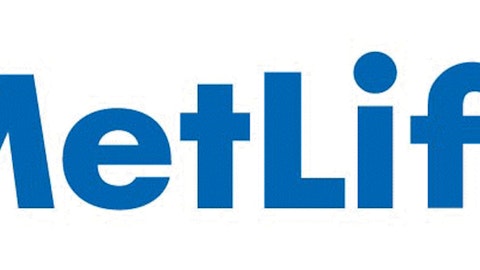
What’s the difference?
Before looking into the risks associated with an investment in a mortgage REIT, one needs to be clear regarding the differences between an Agency and a non-Agency mREIT.
Agency mortgage REITs own and invest in mortgage backed securities for which principal and interest payments are guaranteed by any of the government agencies. These are mostly residential mortgage backed securities which are backed with single-family home loans. American Capital Agency Corp. (NASDAQ:AGNC) and Annaly Capital Management, Inc. (NYSE:NLY) are two of the largest Agency mREITs that invest in Agency residential MBS.
In contrast, non-Agency or hybrid mREITs invest in a combination of Agency and non-Agency MBS. Non-Agency MBS are securities for which the government does not guarantee any principal and interest payments. Therefore, these securities usually have a credit or default risk. To compensate this higher risk, these securities offer higher returns compared to their Agency counterparts. PennyMac Mortgage Investment Trust (NYSE:PMT) is one such non-Agency mREIT.
Government guarantee
Since now we know what an Agency mREIT is, let’s look at some of the risks associated with an Agency mREIT. Investments in American Capital Agency Corp. (NASDAQ:AGNC) and Annaly Capital Management, Inc. (NYSE:NLY) will expose you to financing risks, prepayment risks, dividend risks, regulatory risks, and reliance on external capital.
Funding risk – American Capital Agency Corp. (NASDAQ:AGNC) and Annaly Capital Management, Inc. (NYSE:NLY) fund their investment portfolios with short-term repurchase agreements. While repurchase agreements provide a relatively low-cost source of funding, any major disruptions in the repurchase markets could cause these companies to seek other, potentially more costly, sources of financing. An example is Invesco Mortgage Capital, which diversified its sources of funding citing similar concerns.
Prepayment risk – When the long-term rates are low, homeowners typically refinance their mortgage at current rates. While prepayments seem to be muted these days due to negative homeowner equity and the lack of mortgage refinancing, a recovery in the mortgage markets or government intervention could lead to a spike in prepayment rates.
Dividend risk – Since mortgage REITs are famous for their elevated dividends, a decline in dividends is a major risk for investors. Dividends for Agency mREITs can be highly variable as they are dependent on the prevailing interest rates. We have seen Annaly Capital Management, Inc. (NYSE:NLY)’s 65% sequential reduction in dividends in the past as an example. During the third quarter of 2005, Annaly Capital Management, Inc. (NYSE:NLY) was forced to cut its dividend due to the Fed’s decision to tighten interest rates.
External capital – American Capital Agency Corp. (NASDAQ:AGNC)’s business model relies, to some degree, on access to the equity markets to fund new investments. An inability to tap the equity markets could have a negative impact on American Capital Agency Corp. (NASDAQ:AGNC)’s earnings, particularly in the current times, when new production MBS are offering higher yields, which need to be added to the portfolio in order to raise average asset yields.
Regulatory risks – Mortgage REITs are being exempted from a lot of regulations currently. However, recently the SEC proposed disallowing certain mortgage securities from an exemption to the Investment Act of 1940. This currently allows American Capital Agency to operate without leverage restrictions. If American Capital Agency Corp. (NASDAQ:AGNC) was to lose this exemption, the company would have to significantly curtail its leverage. This would have the effect of dampening its dividends.



